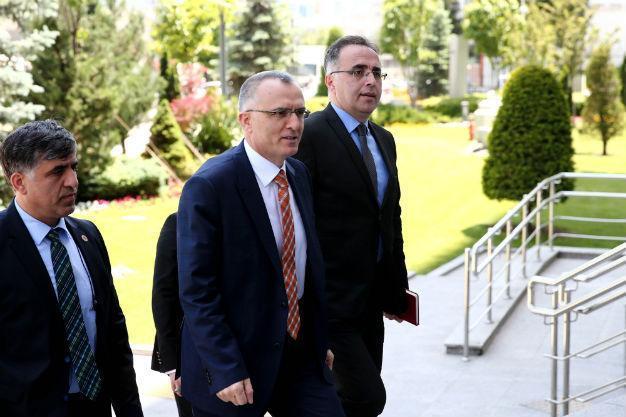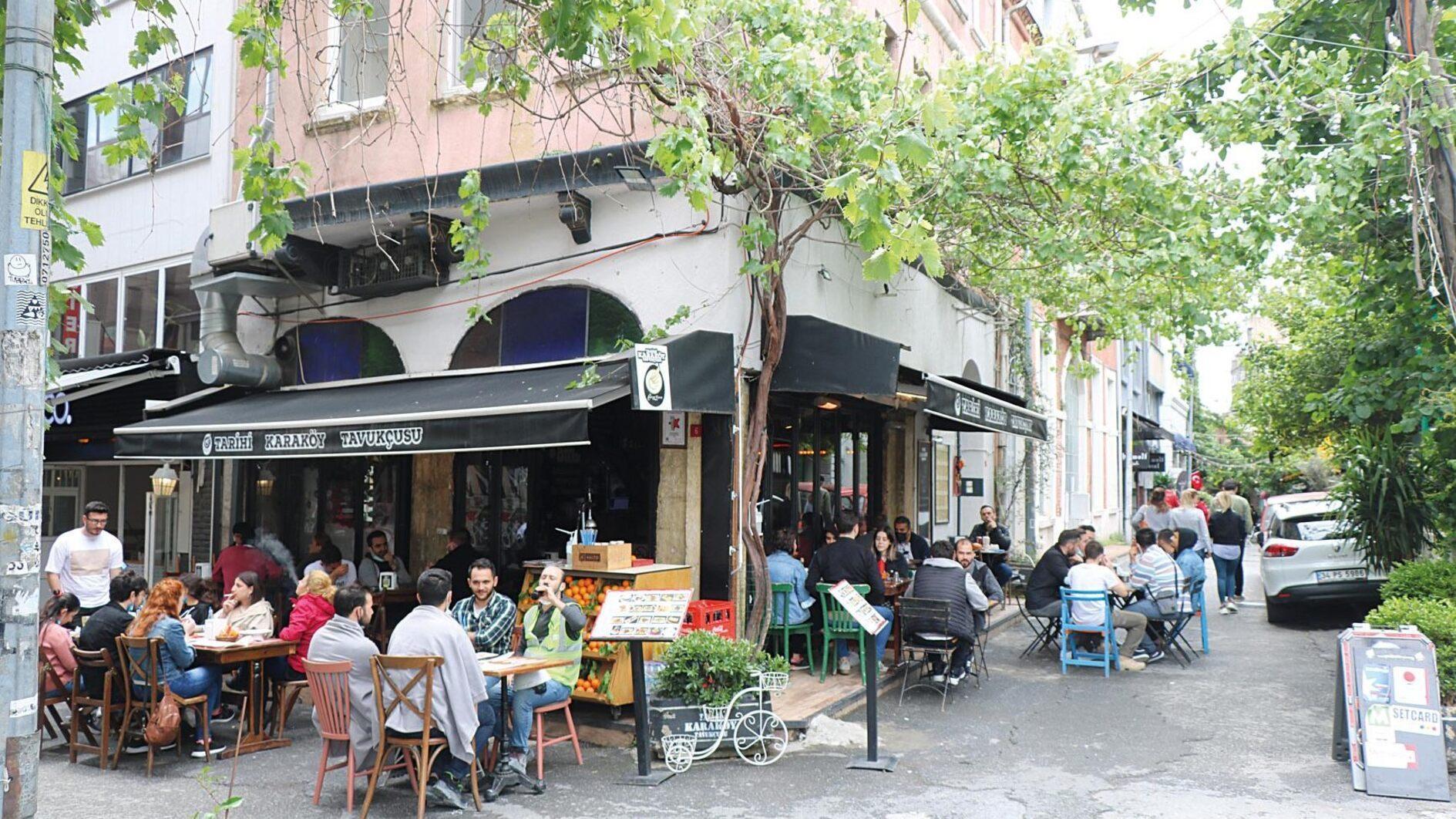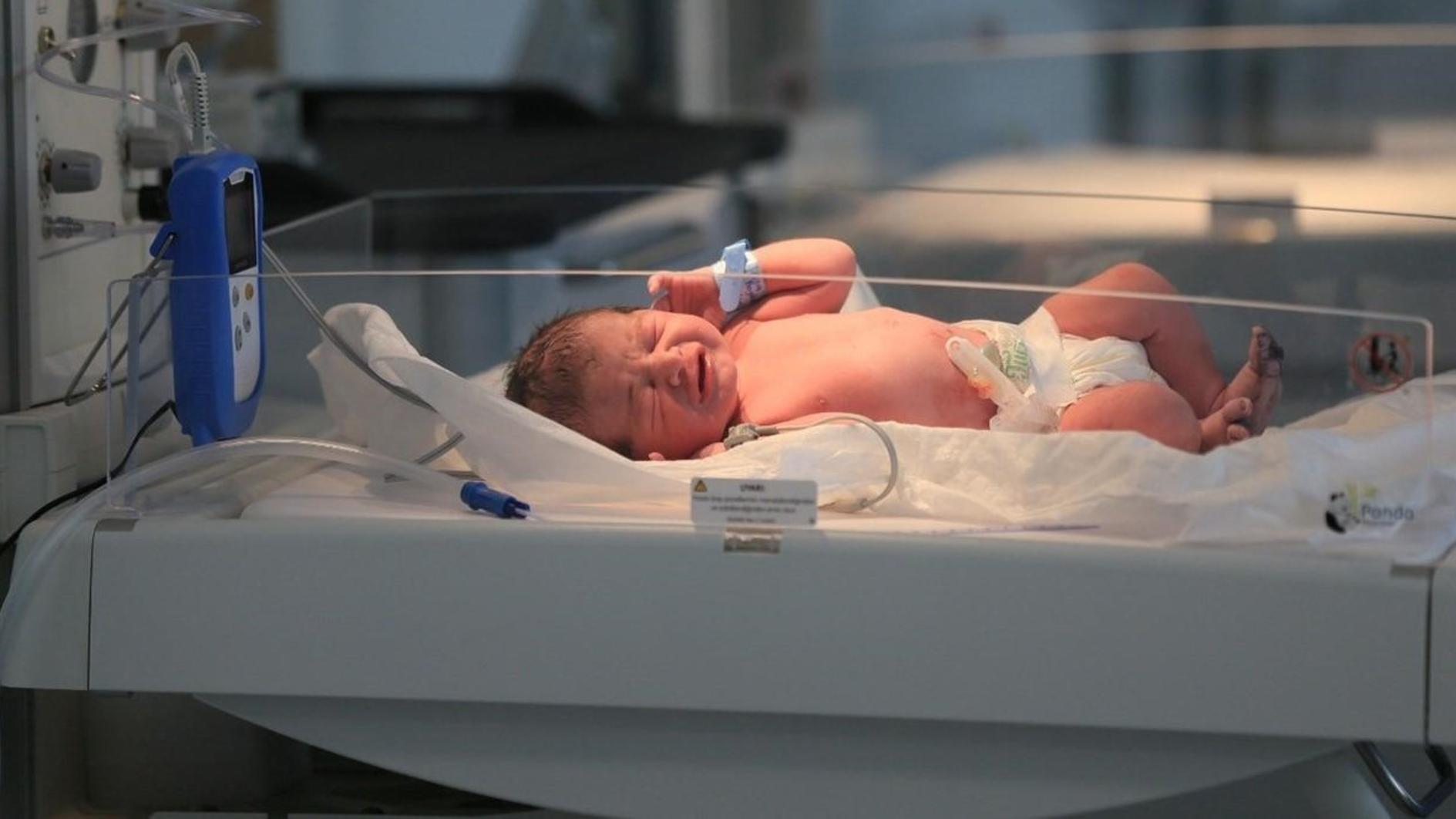Turkish investment climate, not just presidency, a priority: Finance minister
ANKARA - Reuters

AA photo
A presidential system in Turkey will make it easier for the government to take decisions and boost the economy, Finance Minister Naci Ağbal has told Reuters, saying the new cabinet is as focused on the investment climate as on changing the constitution.In an interview hours after being reappointed to the new cabinet late on May 24, Ağbal said the government would take “swift and bold” economic decisions this year and promised reforms – which many investors say are overdue – to boost exports and employment.
Some investors are concerned that reform momentum will slow under new Prime Minister Binali Yıldırım, a close ally of President Recep Tayyip Erdoğan who has promised to introduce the executive presidential system that Erdoğan wants.
Ağbal dismissed such worries, saying a reform package on financial markets and the real economy would be presented to the cabinet soon, adding that he would do “whatever it takes” to attract foreign investors.
“Improving the investment and production environment is as important to us as making a new constitution and introducing the presidential system,” he said in an interview at his office in Ankara. “We will especially work on attracting foreign investors to Turkey ... We will do whatever it takes legally to attract them within this year.”
Yıldırım announced a new government program on May 24 that vowed to maintain fiscal discipline, protect Central Bank independence and fight structural problems hindering price stability.
The program, read out by Yıldırım in parliament after he earlier named his new cabinet, also vowed to tackle the country’s current account deficit and to implement economic policies focused on boosting growth, employment and production.
The reappointment of Ağbal and of Deputy Prime Minister Mehmet Şimşek, an anchor of investor confidence who has been in charge of economic policy, helped to reassure financial markets.
Still, the new administration’s focus on winning popular support for the presidential system is seen as an obstacle to progress on economic reforms. Investors want measures to boost the savings rate, liberalize the labor market and develop a higher-value manufacturing sector to reduce reliance on imports.
Turkey also needs to lure foreign investment to plug a yawning current account deficit of around 4.5 percent of GDP and finance its heavily indebted companies.
Such reforms are likely to prove unpopular in the short term, economists say, making a government bent on winning votes less likely to push them through.
No downgrade to growth
Ağbal said there would be no need to downgrade the government’s forecast of 4.5 percent economic growth this year. However, the World Bank expects growth at 3.5 percent this year, citing slowing exports and weak private investment.
He also said discipline in the budget would be maintained. Recent Central Bank interest rate cuts would also help the economy, he said.
Erdoğan, who favors consumption-led growth, has repeatedly said high interest rates cause inflation, a stance at odds with orthodox economics.
“The Central Bank is cutting rates as inflation falls. This is positive news for investment and production,” Ağbal said.
Turkey’s Central Bank cut rates for a third month running on May 24, lowering its overnight lending rate – the highest of the multiple rates it uses to set policy – by 50 basis points.
















